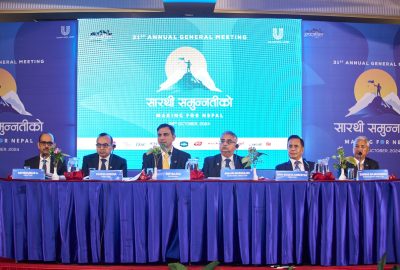Philippines to deport 40,000 Chinese workers in online gaming crackdown

The Philippines will deport 40,000 Chinese workers in a crackdown on unlicensed online gaming businesses, an official said Tuesday, after reports of kidnapping, prostitution and murder in the gambling industry.
So-called Philippine offshore gaming operators, or POGOs, have boomed since 2016 as former president Rodrigo Duterte pursued closer trade and investment ties with China. But the influx of tens of thousands of Chinese workers in the sector that targets customers in China, where gambling is illegal, has created friction.
Many Filipinos complain POGOs have evaded taxes and driven up property rates while not providing job opportunities because not enough locals speak Chinese languages. Justice Secretary Crispin Remulla recently ordered police to go after 175 operators whose licences had been revoked but continued to operate illegally.
Next month the country will start deporting the estimated 40,000 Chinese workers employed by those businesses, justice ministry spokesman Dominic Clavano said, after reports of POGOs involved in “murder, kidnapping and prostitution”.
“This is really our job to society and to make sure that these crimes are not committed,” Clavano told AFP. “We thought it best to send a signal that this type of behaviour is not tolerable, it’s not acceptable to the country.” China, which has previously called on the Philippines to ban all forms of online gambling, welcomed the latest crackdown.
“Crimes induced by and associated with online gambling not only harm China’s interests and China-Philippines relations, but also hurt the interests of the Philippines,” the Chinese embassy in Manila said.
About 34 POGOs are licenced to operate and around 130 support services are registered, according to the Philippine gaming regulator.
The regulator’s latest data show it has revoked the licences of 40 POGOs and 174 service providers. Finance Secretary Benjamin Diokno said earlier this month he wanted online gaming operators banned. “If you ask my personal opinion on this, let’s discontinue with the POGO because of the social cost,” he told a Senate hearing.
Diokno said revenues from POGOs peaked in 2020 at 7.2 billion pesos ($122 million) but fell sharply last year to 3.9 billion pesos. Not everyone agrees. David Leechiu, chief executive of Manila-based Leechiu Property Consultants, estimated the Philippine economy could lose 200 billion pesos in rental revenue and salaries if POGOs were expelled. “It’s one of those drivers of the economy that we should not take for granted,” he told AFP. “Yes, there are problems but what business does not have a problem?”RSS
Popular posts
- Bill designed to amend the Prevention of Corruption Act passed
- Chair Yadav stresses on amending constitution with consensus of all
- Chair Dahal urges to take action against the guilty of Shera Durbar land scam
- PM Oli highlights role of Sanskrit education in development of society
- Scholarships to girls for higher education in Madhes



